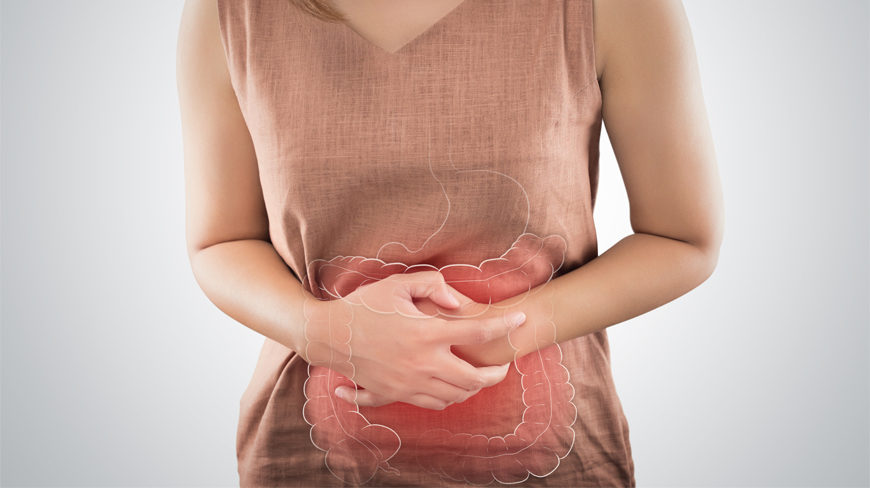13 Little Known Risk Factors That Could Lead to Colon Cancer
A risk factor is anything that increases your likelihood of developing a disease, such as colon cancer. Different cancer types are associated with distinct risk factors.
Some risk factors are modifiable, such as smoking. Others, such as a person’s age or family history, are unchangeable.
A risk factor, or even multiple risk factors, does not guarantee that a person will develop cancer, however, numerous factors that may affect your chances of developing colorectal polyps or colorectal cancer have been identified.
Having multiple risk factors could increase your chance of getting colon cancer.
13 Little Known Risk Factors That Could Lead to Colon Cancer
1. Being overweight or obese
If you are overweight, your risk of getting colorectal cancer and dying from the disease is increased. This association appears to be stronger for men than for women. Achieving and maintaining a healthy weight may reduce your risk.
2. A lack of physical activity
Your risk of developing colon cancer rises if you don’t exercise. Regularly engaging in moderate-to-vigorous physical activity can help lower the risk.
3. Diet
Red and processed meats, like deli meat and bacon, are associated with an increased risk of colorectal cancer. Eating a diet rich in fruits, vegetables, and whole grains while avoiding or cutting back on red and processed meats is associated with a lower risk.
4. Smoking
Smoking is a known risk factor for developing lung cancer but is also linked to many other cancers. Long-term tobacco users are more likely than non-smokers to develop colorectal cancer and die from it.
5. Alcohol consumption
Moderate to heavy alcohol consumption and colorectal cancer have been linked. Even occasional or light drinking has been associated with some risk.
6. Age
Although colorectal cancer can occur in younger adults, it is much more common after age 50. Recently, that age has been moving back and now it is recommended to start screening at age 45.
7. A history of polyps
You are more likely to develop colorectal cancer if you have a history of adenomatous polyps. This is particularly true if the polyps are big, numerous, or show any signs of having abnormal cells.
8. Having a history of colorectal cancer
You are more likely to develop cancer in other parts of the colon and rectum if you have had colorectal cancer, even if it was removed entirely. Your risk is higher if you develop colorectal cancer for the first time earlier in life.
9. Having inflammatory bowel disease
Colorectal cancer risk is increased by inflammatory bowel diseases such as ulcerative colitis or Crohn’s disease.
10. Having a family history of polyps or colorectal cancer
Most colorectal cancers occur in individuals without a family history of the disease. Still, as many as one-third of individuals with colorectal cancer have a family history of the disease.
11. Your genetics
A gene change or mutation that can cause familial cancer syndromes is present in about 5% of colorectal cancer patients.
12. Your racial and ethnic heritage
Among all racial groups in the US, Black people have the highest incidence and mortality rates of colorectal cancer. One of the highest colorectal cancer rates in the world is among Ashkenazi Jews of Eastern European descent.
13. Having type 2 diabetes
Type 2 diabetics are more likely to develop colorectal cancer—some risk factors for type 2 diabetes and colorectal cancer overlap, such as being overweight. Still, when these factors are considered, people with type 2 diabetes continue to have an elevated risk.
Decreasing your Risk of Colon Cancer
You can decrease your risk of colon cancer by making changes to things you can control, like your diet and activity level. But if you have risk factors that you can’t change – and everyone will have age as a risk factor at some point – the best way to minimize your risk is to have regular colonoscopies. By following your doctor’s recommended colonoscopy schedule, you can prevent cancer from forming at all.
Don’t delay your colonoscopy any longer – schedule an appointment today!
Request Appointment
Related:


